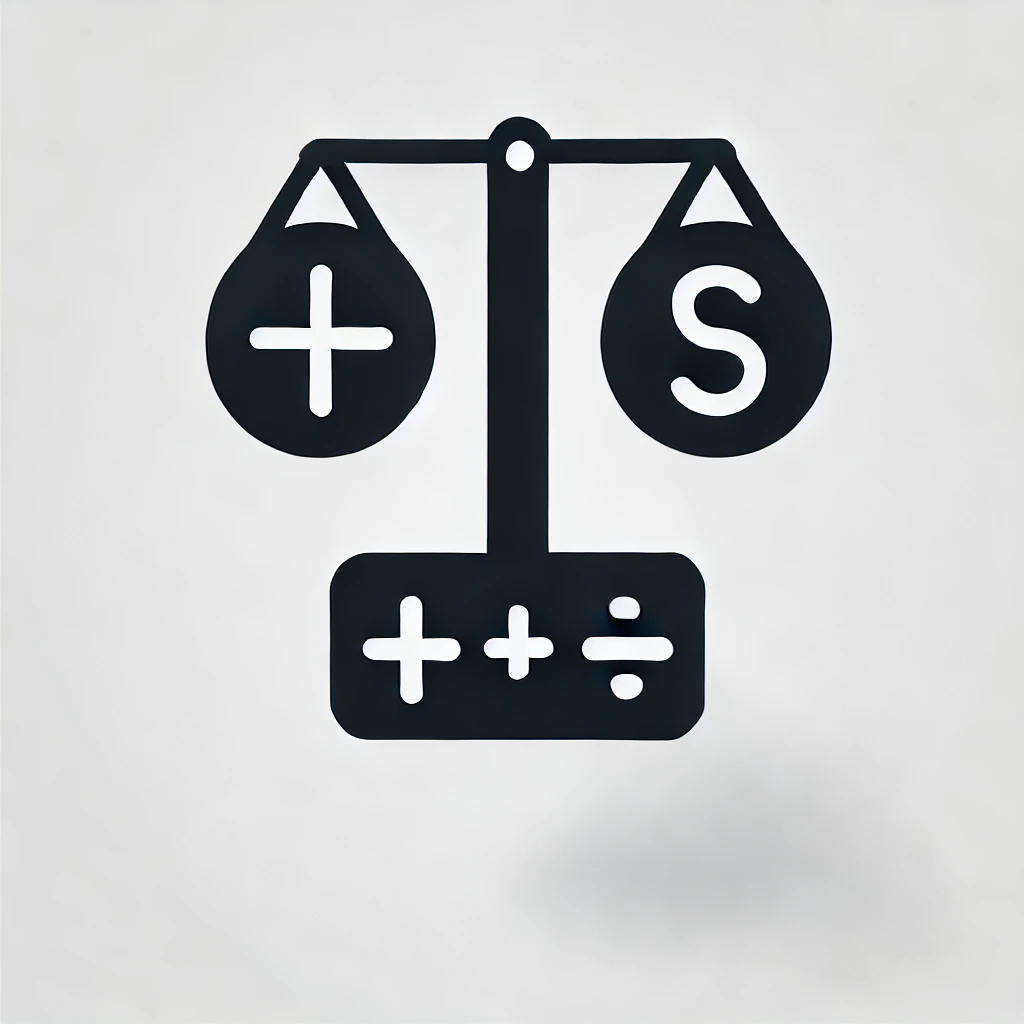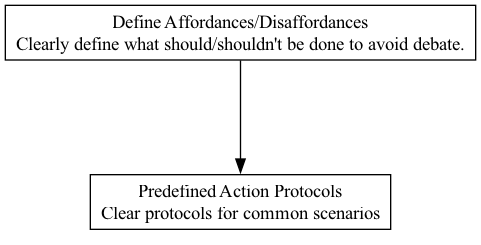Home / Contents / Donations / News / Contact
DAD - Define Affordances/Disaffordances

Supports:
Context:
In a DAO, where decision-making processes are decentralized and various stakeholders have the ability to influence outcomes, it is crucial to establish clear guidelines on what actions are permissible and which are not. This clarity helps in preparing the community to engage in consistent, productive interactions without overstepping boundaries or causing unnecessary disputes.
Problem:
The lack of clear affordances (permissions) and disaffordances (prohibitions) in DAO governance can lead to confusion, inefficiencies, and conflict within the community. Members may not understand the scope of their actions, leading to decisions that are out of alignment with the DAO’s objectives or ethical standards.
Forces:
- Clarity vs. Flexibility: Need for explicit guidelines while allowing for situational judgments.
- Standardization vs. Autonomy: Balancing uniform rules with the freedom for local adjustments.
- Enforcement vs. Encouragement: Deciding when to strictly enforce rules versus encouraging adherence through cultural norms.
Solution:
Define and clearly communicate the affordances and disaffordances within the DAO. This involves:
- Documentation: Developing comprehensive guidelines that clarify what is allowed and what is prohibited within the organization.
- Visibility: Ensuring that these guidelines are easily accessible to all members.
- Regular Updates: Periodically revisiting the guidelines to adapt to new circumstances or objectives.
- Contextual Examples: Providing real-world cases as references to illustrate how the rules apply in different scenarios.
- Feedback Mechanisms: Incorporating mechanisms to capture community reactions and suggestions for the guidelines.
In practice, examples like the DAOstack’s Alchemy platform show the utility of defined permissions in proposal creation and voting processes, where members are aware of their participatory roles and limits. Similarly, MakerDAO’s governance framework explicitly defines stakeholder roles and their decision-making boundaries, which has been essential in maintaining organizational integrity and focus.
Therefore:
Adopt a systematic approach to defining what members can and cannot do within the DAO to streamline governance processes and reduce potential conflicts.
